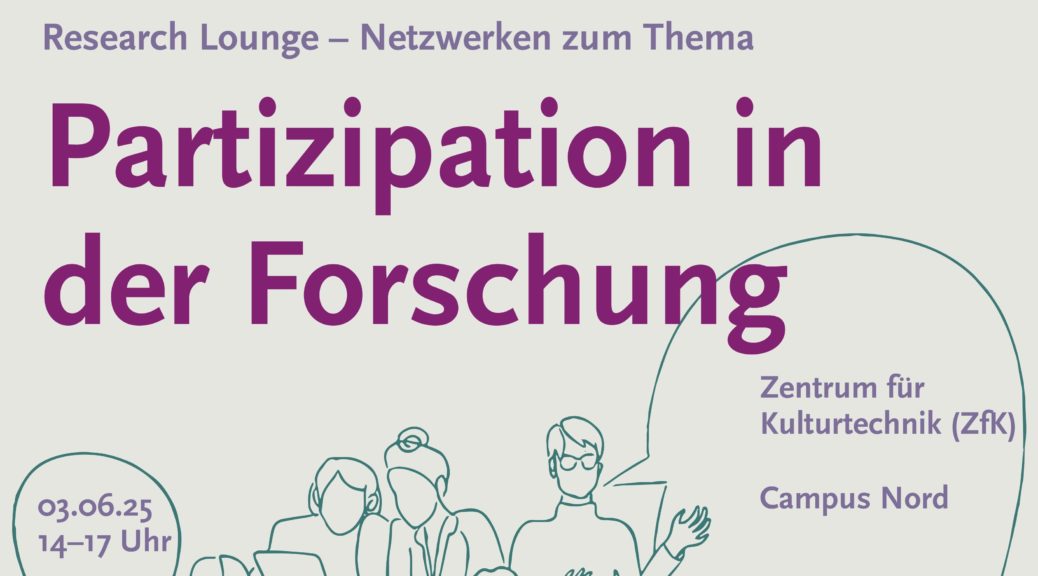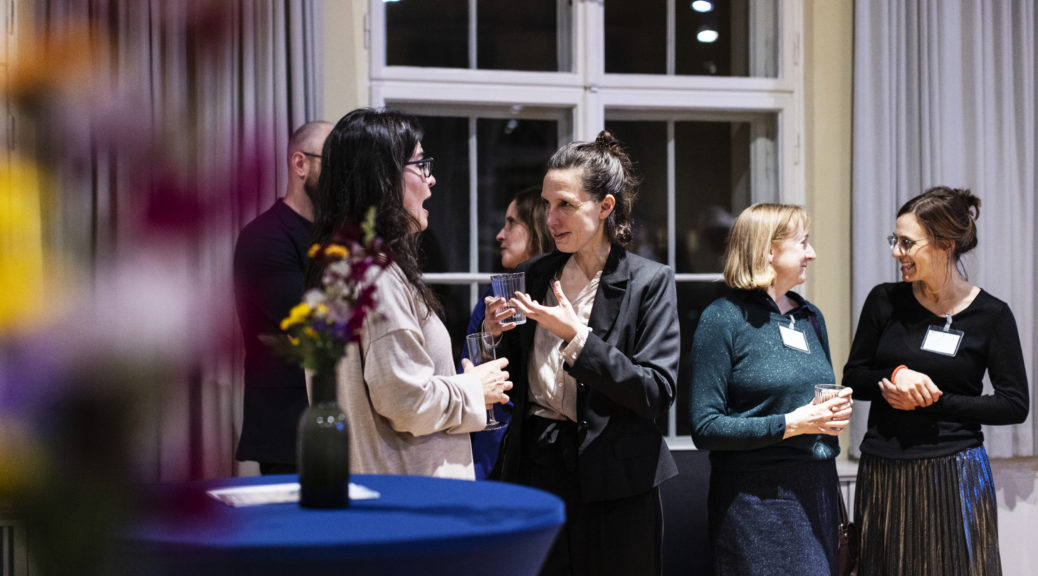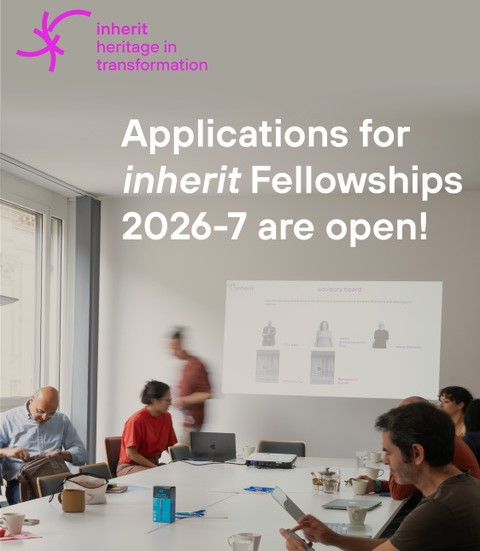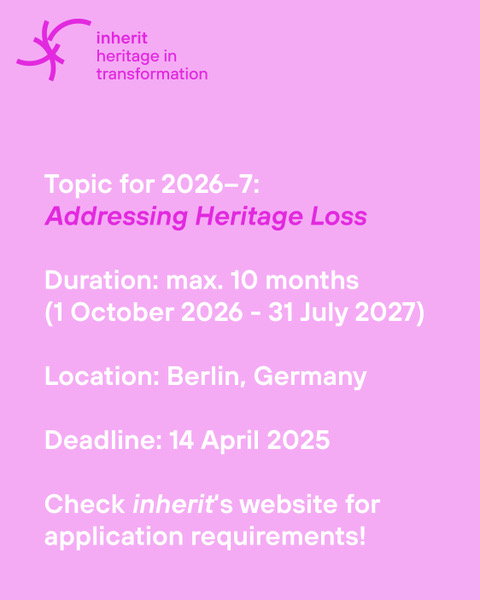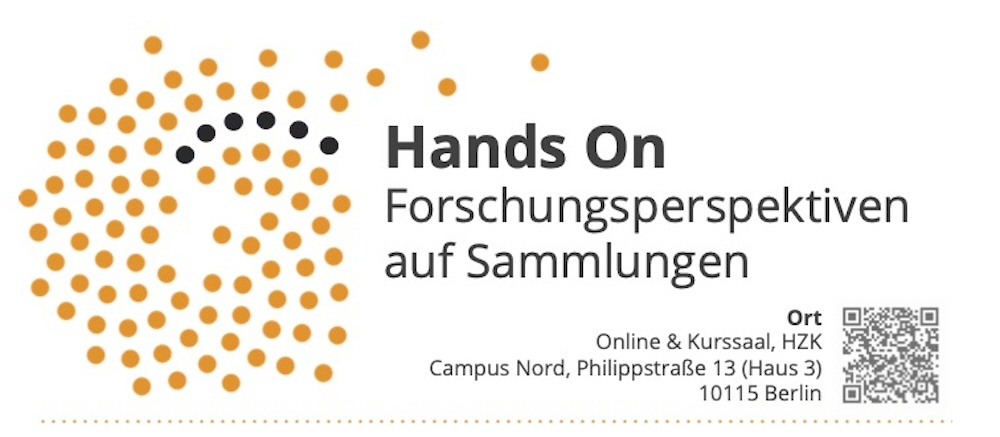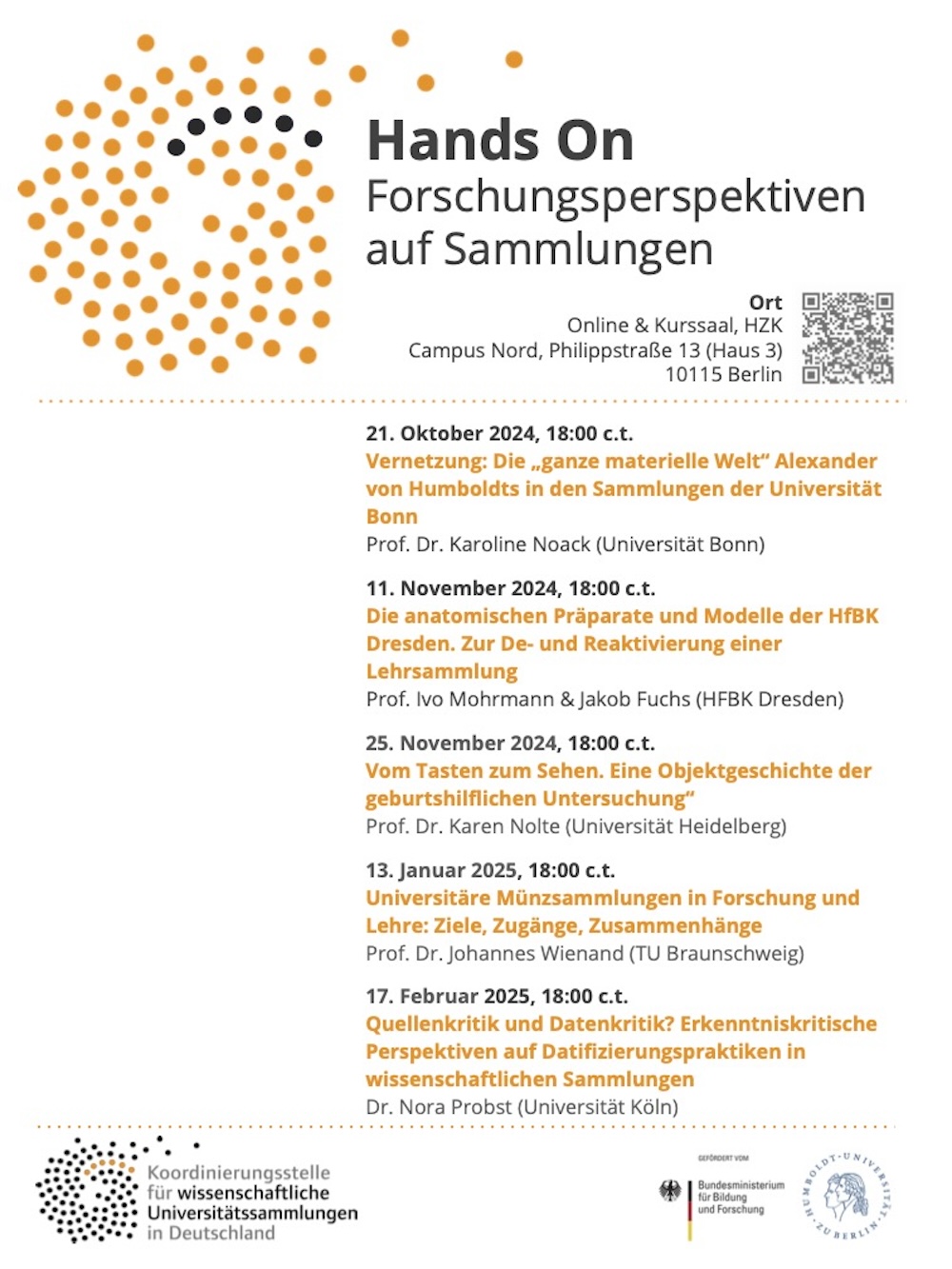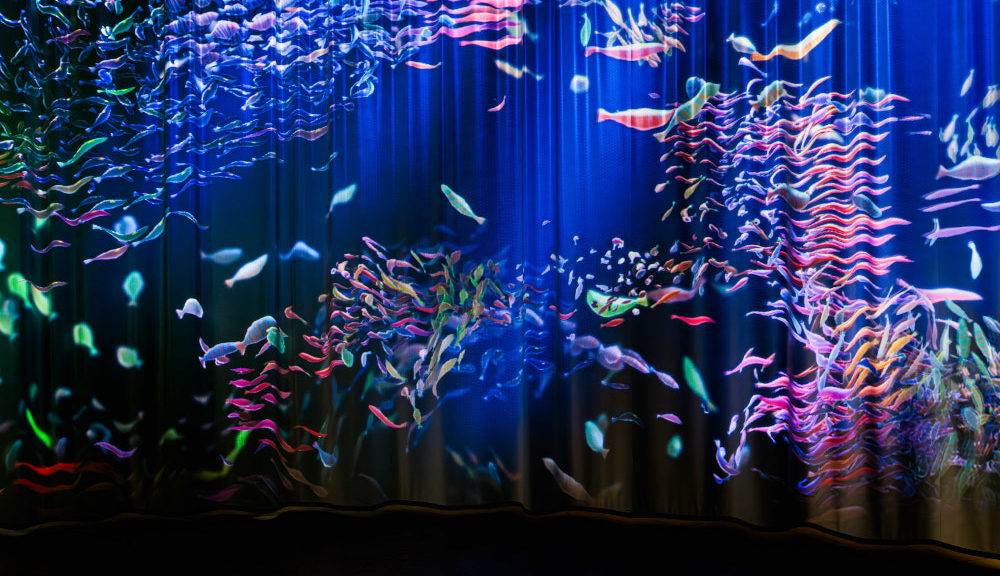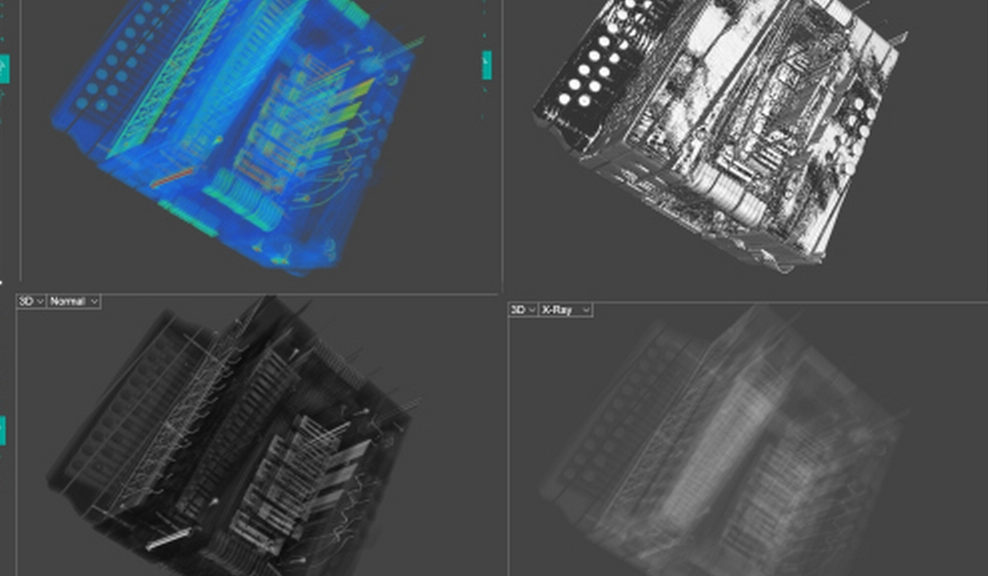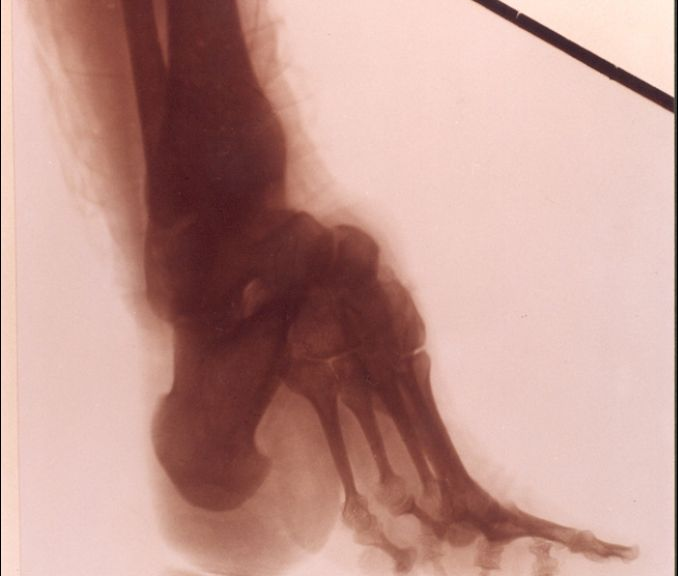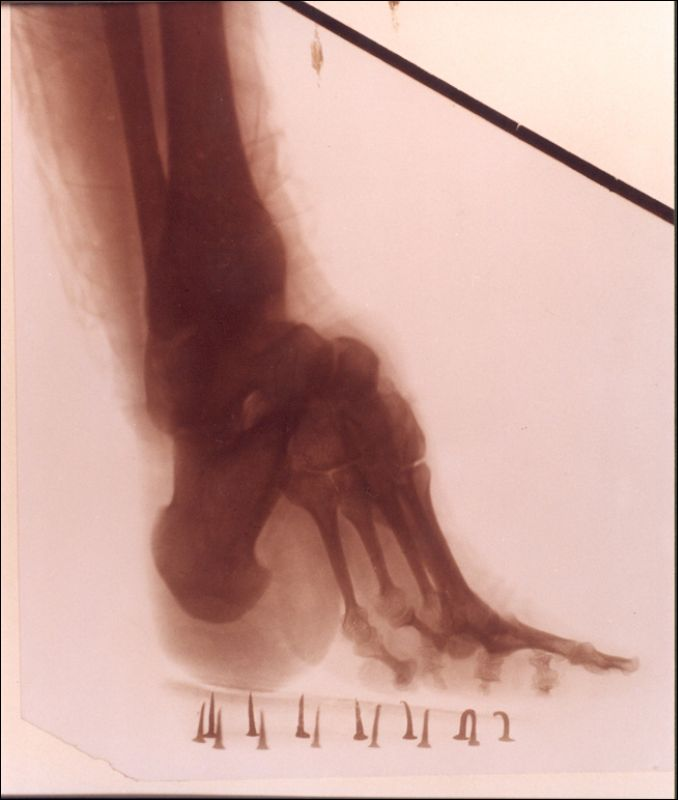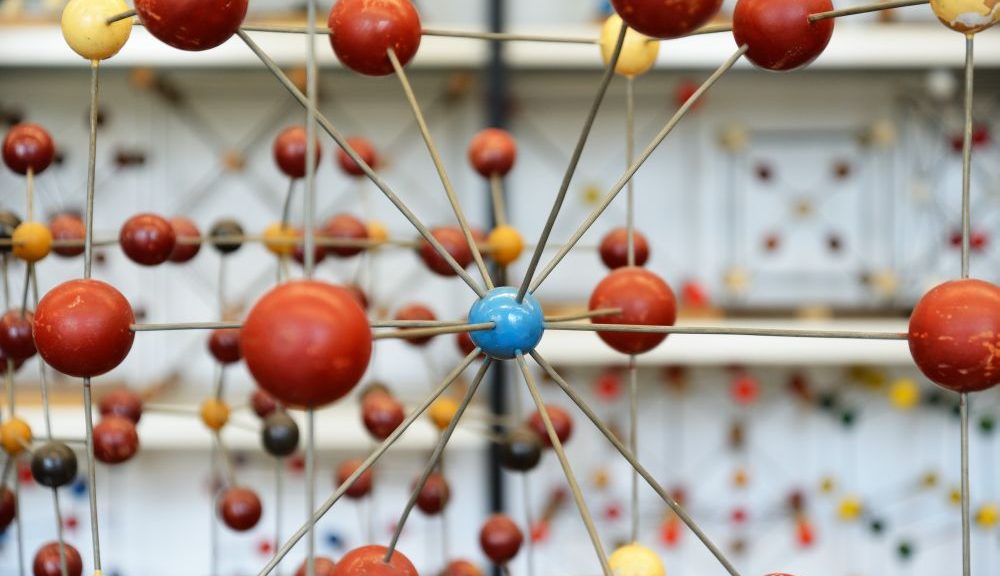The event Research Lounge on the topic of “Participatory Approaches in Research” will take place on Tuesday, June 3, 2025 from 2 to 5 p.m., at the Central Institute Center for Cultural Techniques (ZfK) on Campus North. Organized by the team of the Vice President Research in cooperation with the HU office for “Knowledge Exchange with Society”, researchers from Humboldt-Universität zu Berlin and its partner institutions are invited to network at this event: Register here
Knowledge exchange with society is becoming an increasingly important part of knowledge production in research through participatory and transdisciplinary approaches. While these approaches are standard in some research areas, such as sustainability and innovation research, there is less experience and exchange in other areas. Among other research methods, participatory and transdisciplinary research methods are seen as a particularly good way to contribute innovative solutions to current societal challenges. To this end, cooperation with citizens, organised civil society, culture or politics can open up new research topics and strengthen trust in science through their active participation.
There are many definitions, methods and experiences of participatory approaches to research, as well as a wide variety of actors and forms of participation. The Research Lounge “Participation in Research” therefore aims to promote scientific exchange and networking in this area and to highlight the diversity of current research activities and examples of success at Humboldt-Universität.
Programme
2:00 p.m. – Welcome
Prof. Dr. Christoph Schneider (Vice President for Research)
Xenia Muth, Leonie Kubigsteltig, Zentrum für Kulturtechnik
2:20 p.m. – Keynote speeches
Dr. Saskia Schäfer (Institute for Asian and African Studies):
Participatory research on democracy: Insights from civic education and local decision-making
Dr. Silke Stöber (Albrecht Daniel Thaer Institute of Agricultural and Horticultural Sciences):
Participatory action research for food systems transformations: methods and challenges
Prof. Dr. Regina Römhild (Institute for European Ethnology):
Postcolonial Neighborhoods: A new experiment in collective ethnography and trans-academic collaboration
Prof. Dr. Elisabeth Verhoeven (Institute for German Language and Linguistics):
Sprachen Berlins – Languages of Berlin: mapping the city’s linguistic diversity
Prof. Dr. Miriam Bouzouita (Institute for Romance Studies):
Using Citizen Science to examine geospatial and sociolinguistic variation and change
Break
Prof. Dr. Robert Arlinghaus (Integrative Fisheries Management, IGB, IRI THESys):
Co-production of knowledge in participation changes attitudes, norms and behaviour of practitioners: Examples from fisheries research
Prof. Dr. Heike Wiese (Institut for German Language and Linguistics):
Shaping multilingualism together: Participatory research with Berlin pupils and HU students
Dr. Constanze Saunders (Professional School of Education):
‘Learning schools’ and research-based teacher training
Indrawan Prabaharyaka (Institute for European Ethnology):
Animation and Prototyping: Two transdisciplinary tools for knowledge exchange with more-than-human society
Dr. Stefanie Alisch (Institute for Musicology and Media Studies):
Reasoning Sessions und Dubdampfer – Sound System Epistemologies networks in Berlin
4:30 p.m. – Open Networking
Please register for the Research Lounge here.
If you have any questions, please visit the event website.
